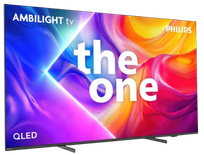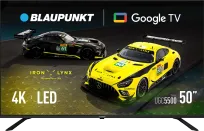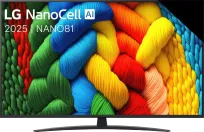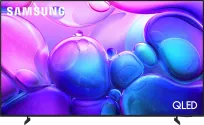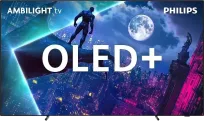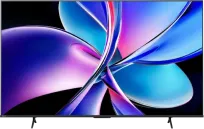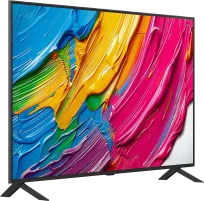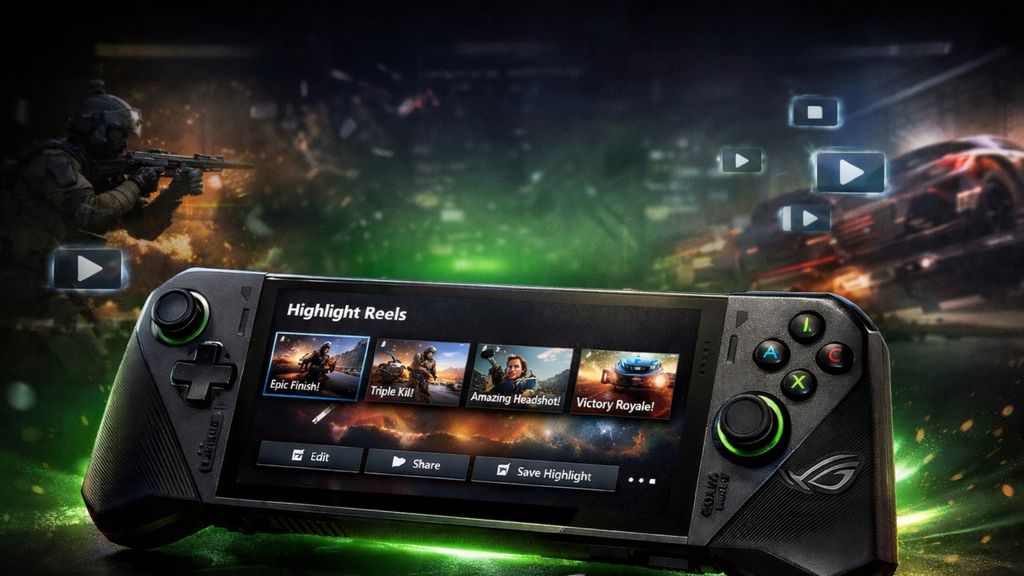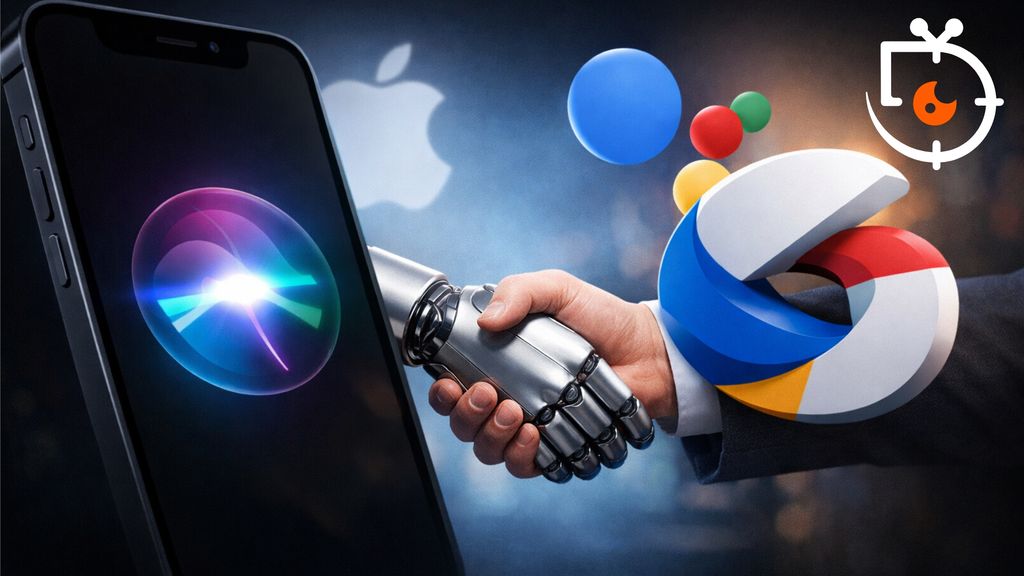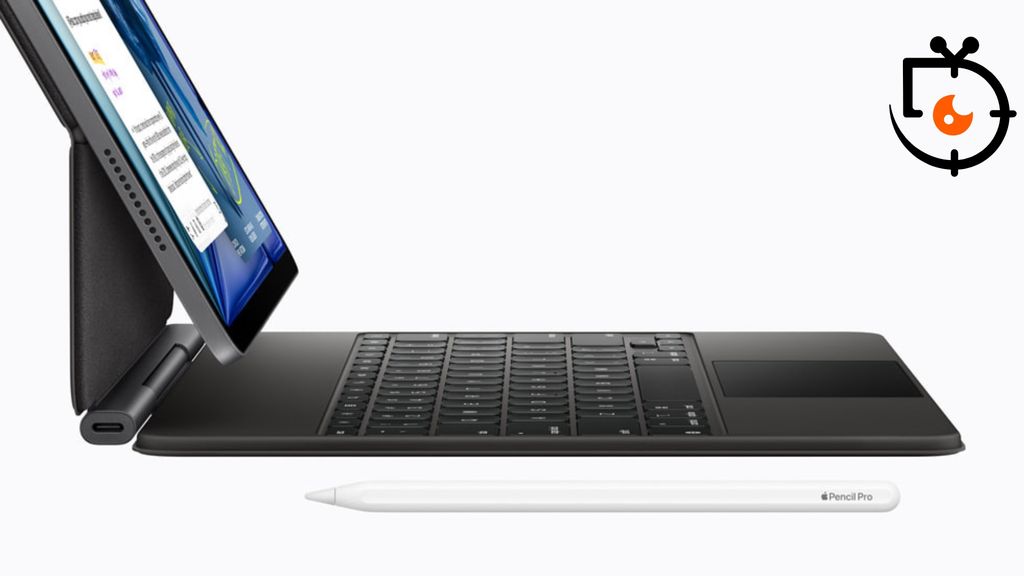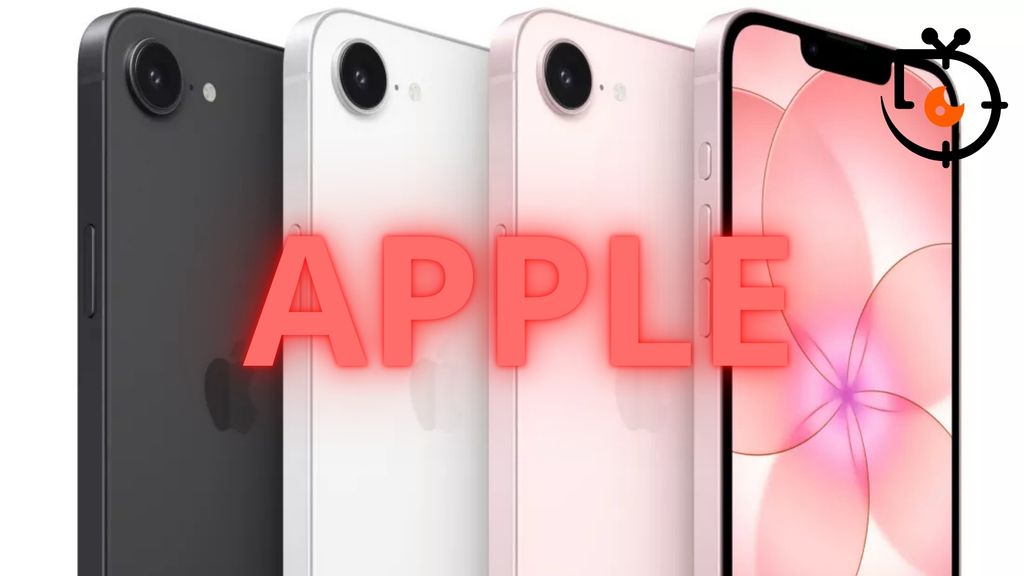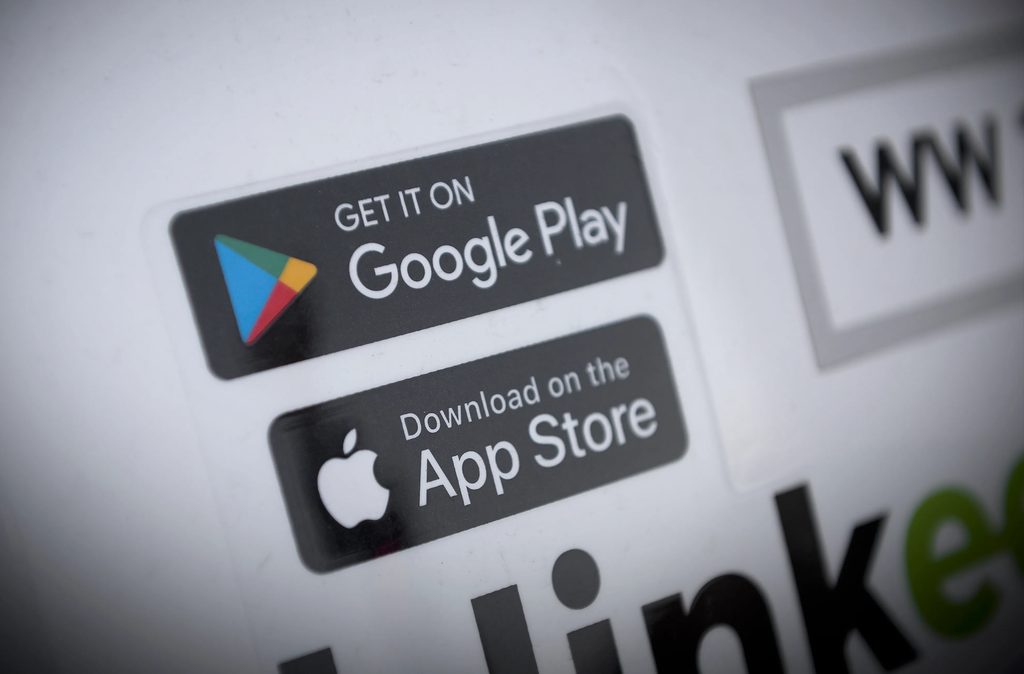
It seemed that the platform war between Apple and Google had ended ages ago. Both companies made peace in the smartphone and television markets by publishing their apps on competing systems. But the truce didn't last long – shots were fired again in the world of XR (extended reality).
Today, Apple and Google are once again battling for dominance – this time in a new category of devices: mixed reality goggles. On one side, we have Apple Vision Pro with visionOS, and on the other Samsung Galaxy XR running on Android XR, which is a new platform created by Google.
No apps, a new weapon in the battle for users
You put on Apple Vision Pro – forget about YouTube, Google Maps, or Chrome.
You turn on Samsung Galaxy XR – you won't find Apple TV or Apple Music.
This is a deliberate strategy. Both Apple and Google block their apps on competing platforms, even though technically there are no barriers to doing so. Both visionOS and Android XR can run apps created for the iPad or Android.
In practice, Samsung users lose access to over 300 3D movies from Apple TV, including "immersive" content created specifically for Vision Pro. Meanwhile, Apple headset owners won’t be able to watch the library of 180° and 360° movies from YouTube. You can try to "work around" the limitations – for example, by installing apps from a file on Android XR or using a browser on Vision Pro – but such solutions are full of restrictions and do not support 3D effects.
Disney+ with Apple, Netflix still hesitant
Choosing Disney+ was not a surprise. The company has been closely collaborating with Apple for years, so a full-fledged Disney+ app on visionOS even offers special "environments" – virtual spaces for watching movies. There is no such app on Android XR and Meta Quest – and the mobile version of Disney+ has been blocked on the Google platform.
Netflix, on the other hand, has not taken a stand. There was once an unofficial port created by Meta on Meta Quest, but it has been removed. On Android XR, Netflix works in the form of a regular mobile app – in vertical mode. It does not work at all on Vision Pro.
HBO Max (Max) has prepared a VR version exclusively for visionOS, featuring virtual sets from "Harry Potter" and "Game of Thrones." On Meta Quest, one needs to use a browser, and on Android XR – the mobile app.
Meta on the Sidelines
Meta, the creator of the Quest goggles and the Horizon OS system, is today the biggest loser in this war. Although it was Meta that kickstarted the VR market, it currently has no influence on the development of the application ecosystem. Apple and Google are playing on their own fields – and Meta must make do with a browser and attempts to attract partners to its ChooseTV platform.
War for the Future
Apple and Google know well that XR could be the successor to smartphones – the next great medium for work, entertainment, and communication. That's why no one wants to give up control over applications too soon. The only question is, how long will this blockade last? Will, like with phones and televisions, both companies bury the hatchet – or will this battle for users in XR be prolonged and merciless this time?
Application Availability on XR Glasses
Application | Meta Quest (Horizon OS) | Apple Vision Pro (visionOS) | Samsung Galaxy XR (Android XR) |
|---|---|---|---|
Netflix | browser | browser | mobile app |
YouTube | YouTube VR | browser | XR app |
Disney+ | browser | visionOS app | browser |
Apple TV | browser | visionOS app | browser |
Max (HBO) | browser | visionOS app | mobile app |
Prime Video | browser | iPad app | mobile app |
Paramount+ | browser | visionOS app | mobile app |
Peacock | browser | iPad app | mobile app |
Vimeo | browser | visionOS app | mobile app |
Apple and Google have split again – this time in augmented reality. For users, this means restrictions, for the industry – the beginning of a new platform cold war.
 Katarzyna Petru
Katarzyna Petru
